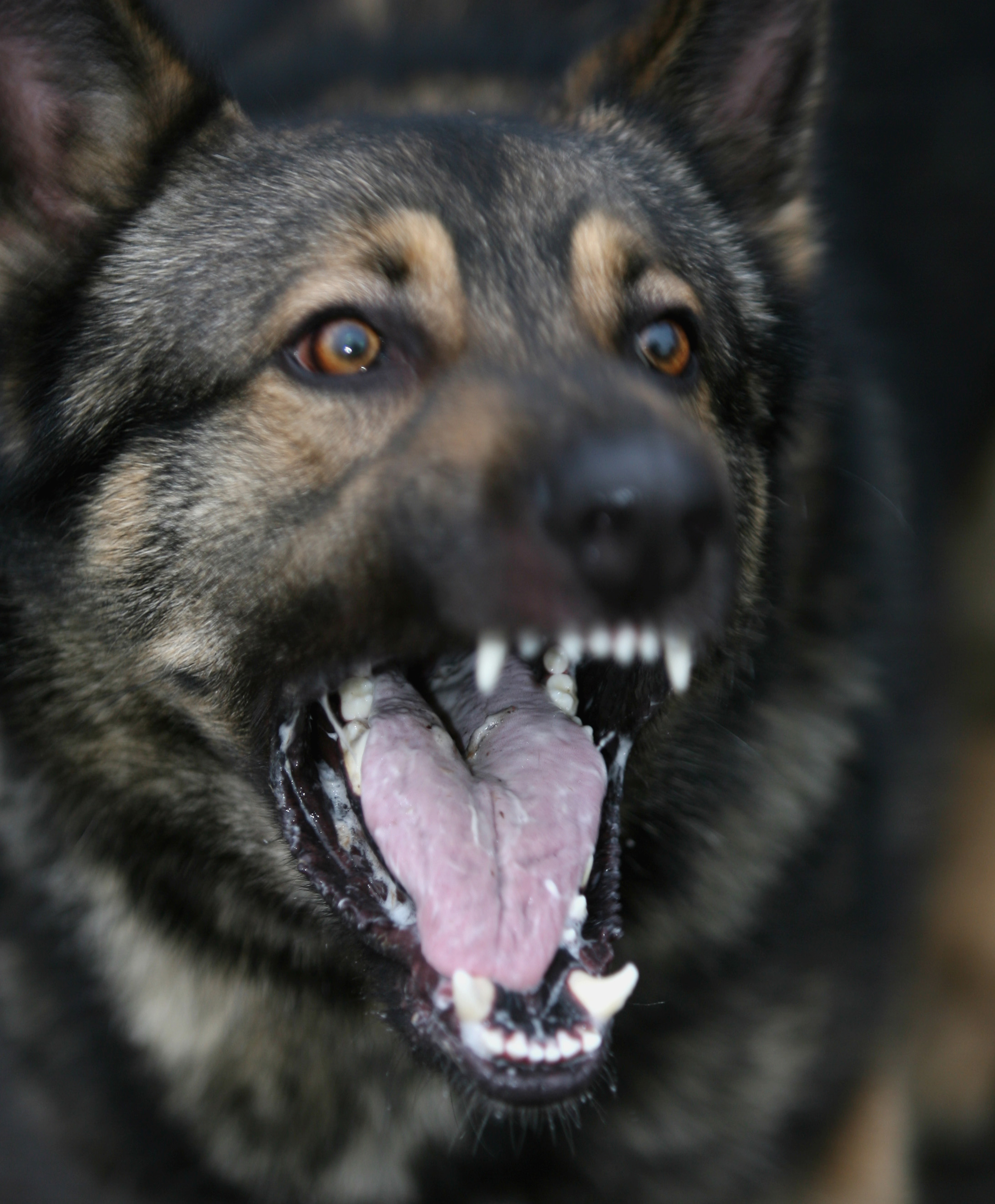

This deep, rumbling type of growl usually occurs when a dog feels threatened or possessive. Always be cautious and take into account the situation your pet is in when dealing with aggressive dog growling. It’s important to not encourage this kind of dog growling, and to try to separate your pet from what is triggering their aggression. A dog might be trying to establish their position as the ‘alpha’ over another animal, or they may have spotted something that has triggered their natural hunting instinct. Do keep an eye on the situation in case it escalates, but usually growling during play indicates that a dog is just having fun.Īggressive dog growling is all about an expression of power. They will also often be shorter, and may be accompanied by body language like bounding motions, or your dog bending down onto their front legs, raising their rear-end in the air.ĭon’t be intimidated if a dog growls during play, with either a person or with another dog.

This type of dog growling indicates that your pet is having fun your dog might even be trying to tell you that they want to keep on playing! Although it’s hard for the human ear to pick up on subtle differences in dog growling, play growls can be distinguished from other more aggressive types of growl.Īlthough every dog is different and has their own vocal range and individual ‘voice’, in general dog play growls will sound higher pitched than other kinds of growling. It can seem strange when dogs do this – why would they suddenly make a sound of aggression when you’re having fun together? The simple answer is: they aren’t! You may have noticed your dog growling during play.

Those sounds may seem similar to us, but it’s all about context! Where one growl may be saying: ‘I feel threatened’, another could be saying: ‘I’m having fun!’ You may find that your dog makes different types of growling sounds in different situations, and learning to recognise the circumstance of each dog growl will help you to identify what it is your dog is trying to say. That’s why you need to understand the types of dog growl to interpret what the sound means.Īlways pay attention to the situation that your dog is in when they growl. Dogs growl to communicate lots of different things, from fear and aggression to encouraging play.

Read on for more information on the different types of dog growl and what they may be trying to tell you when they do so.ĭog growling is simply a method of communication – it’s your dog trying to tell you something. There are a range of things that your dog may be trying to convey when they make these growling noises, and if you listen closely, they may not all sound exactly the same. As pet owners, we often assume that dog growling is a signal of displeasure or aggression, but it isn’t always that simple. Read our guide to find out the different types and what they mean.ĭogs try to communicate with people in different ways, one of which is growling. Many people believe that dogs growl due to aggression, however there's so many different reasons why your dog may be growling.


 0 kommentar(er)
0 kommentar(er)
